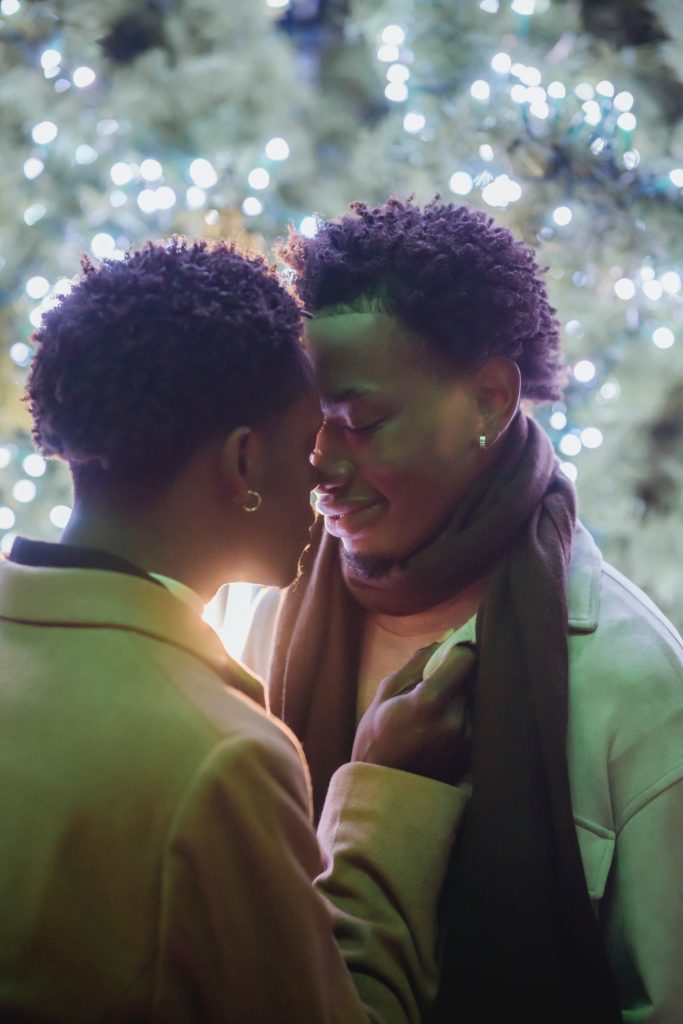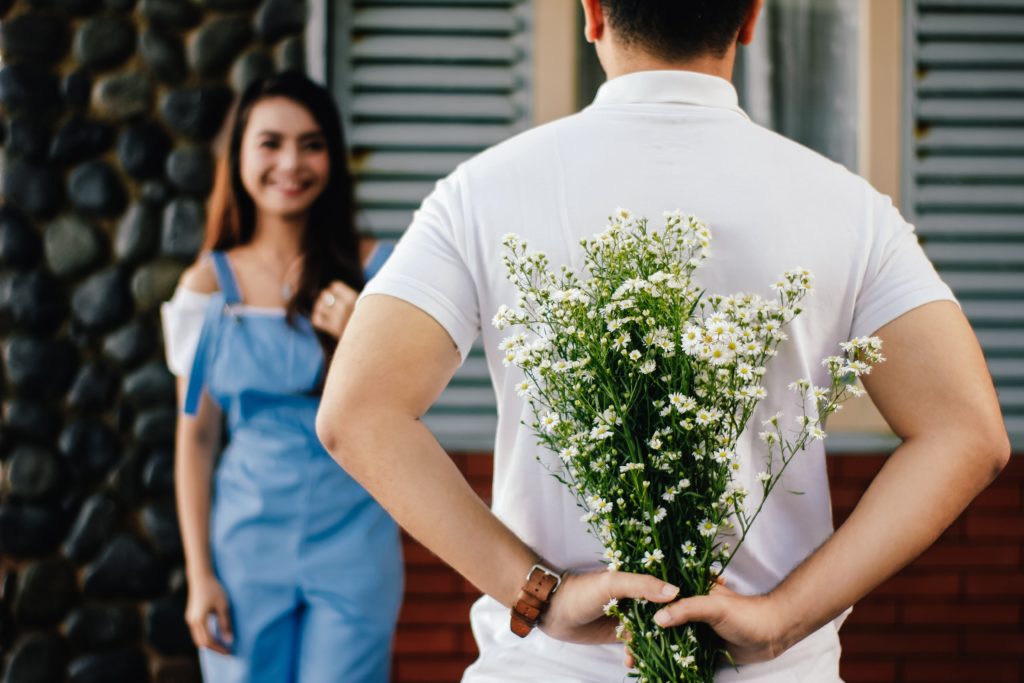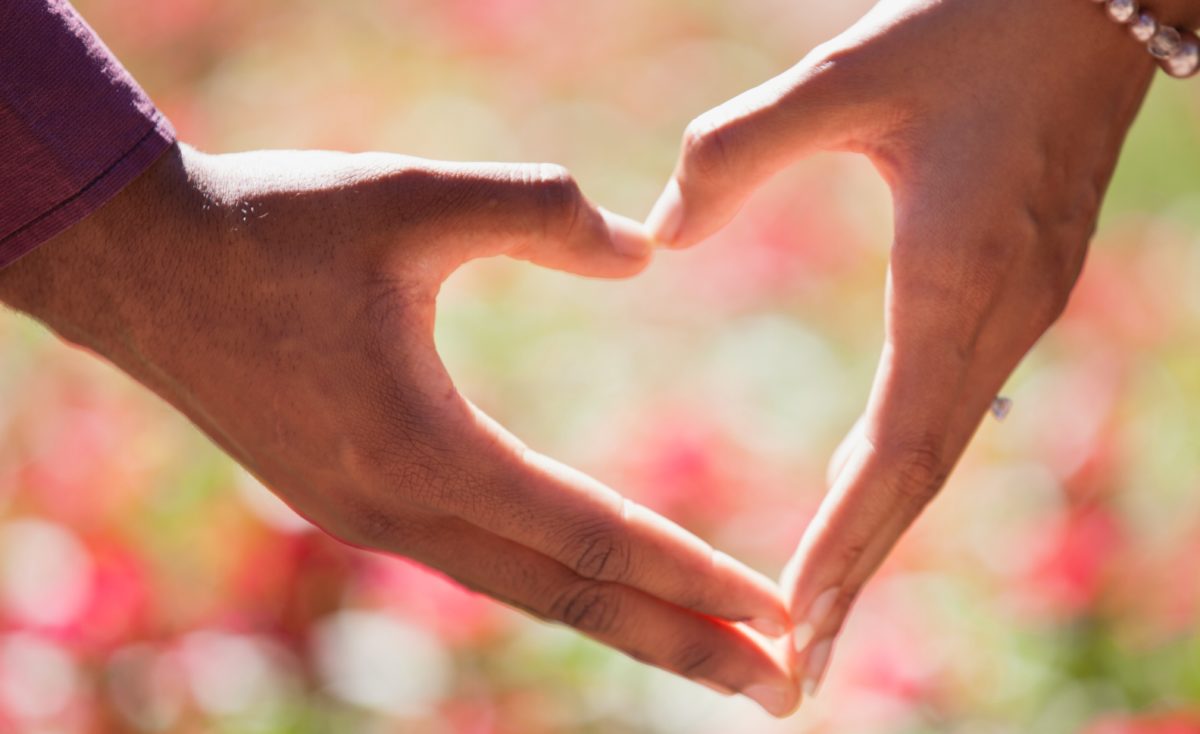Since February includes Valentine’s Day, it seems like a good time to remind ourselves about the qualities of healthy and unhealthy relationships. However, did you also know that February is also host to a number of other relationship-oriented holidays? Yes, in addition to Valentine’s Day, this month also includes International Friendship Month, National Weddings Month, National Make a Friend & Satisfied Staying Single Days (both February 11th), as well as Family Day. I mean, who knew there were so many relationship-specific holidays?!
What’s interesting about relationships is that many of the qualities found in a healthy romantic relationship are also good indicators of healthy dynamics in other interpersonal relationships. Whether it’s with friends, family, or a romantic partner, let’s explore some of these dynamics and give ourselves the opportunity for a healthy relationship check-up this month.

Healthy vs. Unhealthy Relationships
Independence vs. Dependence: A healthy relationship has a hallmark of independence. While partners may choose to depend on each other for certain things, each person maintains their own identity within the relationship, allowing for freedom of movement, friendship, and decision-making independent of their partner. Dependence or co-dependence is when one partner or both partners feel they “can’t live without” the other.
Equality vs. Control: In a healthy relationship, each person shares in decision-making and responsibilities. Additionally, eachhas the freedom to renegotiate and discuss the distribution of those roles throughout the evolution of the relationship. In an unequal, controlling relationship, one partner chooses most (if not all) roles and responsibilities, telling the other person how to live.
Safety vs. Intimidation/Abuse: A healthy relationship, above all else, should feel safe. That means safe physically, emotionally, mentally, spiritually, sexually, etc. In healthy relationships, people feel safe being themselves, can offer vulnerable thoughts and emotions without receiving teasing or intimidation, make mistakes without fear of retaliation, and have control over their bodies.
Mutual Support vs. Stagnation: Especially in long-term relationships, one person’s goals occasionally take center stage for a season (i.e. furthering one person’s education). However, in healthy relationships, an effort is also made for both people to eventually achieve their goals, take part in activities that interest them, and evolve in ways that utilize their gifts and abilities. In contrast, unhealthy relationships tend to routinely elevate one person’s achievements and goals above the other.

Trust vs. Game-Playing: In healthy relationships, each person feels they can trust the other. Partners are honest in communication and do not “play games”, offer half-truths, “just kidding”, or lie to keep information from the other. In unhealthy relationships, partners often feel unsure, wonder if that is what the partner “really meant”, or feel the need to check other sources (i.e. social media, phone, texts, another person) to find out what is true.
The patterns we bring into relationships are complicated. They are a combination of what we learned as children, as we were growing up, and changes we make based on the relationships we are in over time. All of these can lead us toward healthy or unhealthy patterns, affecting the well-being of ourselves and those we are in relationships with. Just as with our physical health, it is a good practice to occasionally give ourselves a “relationship checkup” to assess the health of our relationships and adjust accordingly.
If you are desiring further information or support regarding the health of your interpersonal relationships, consider help from a campus wellness professional, counselor, or the following resources.

Healthy Relationship Resources:
https://www.domesticshelters.org/articles/identifying-abuse/the-equality-wheel-explained
https://kidshealth.org/en/teens/healthy-relationship.html
February 23, 2023. By Anne Rulo, Author, Speaker, Therapist. www.annerulo.com. FB/IG/Twitter @annemrulo
